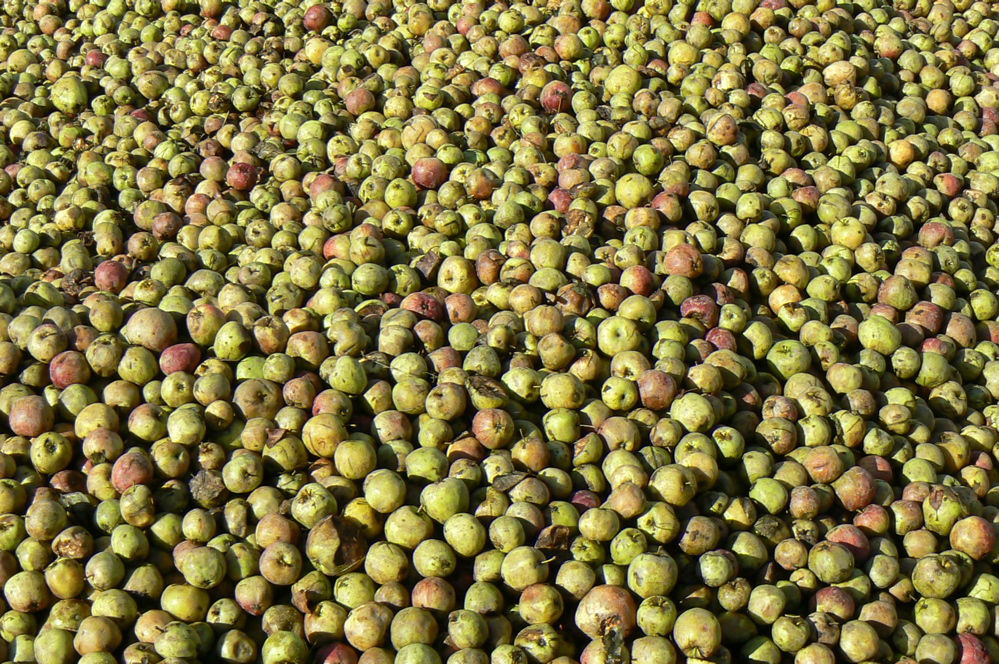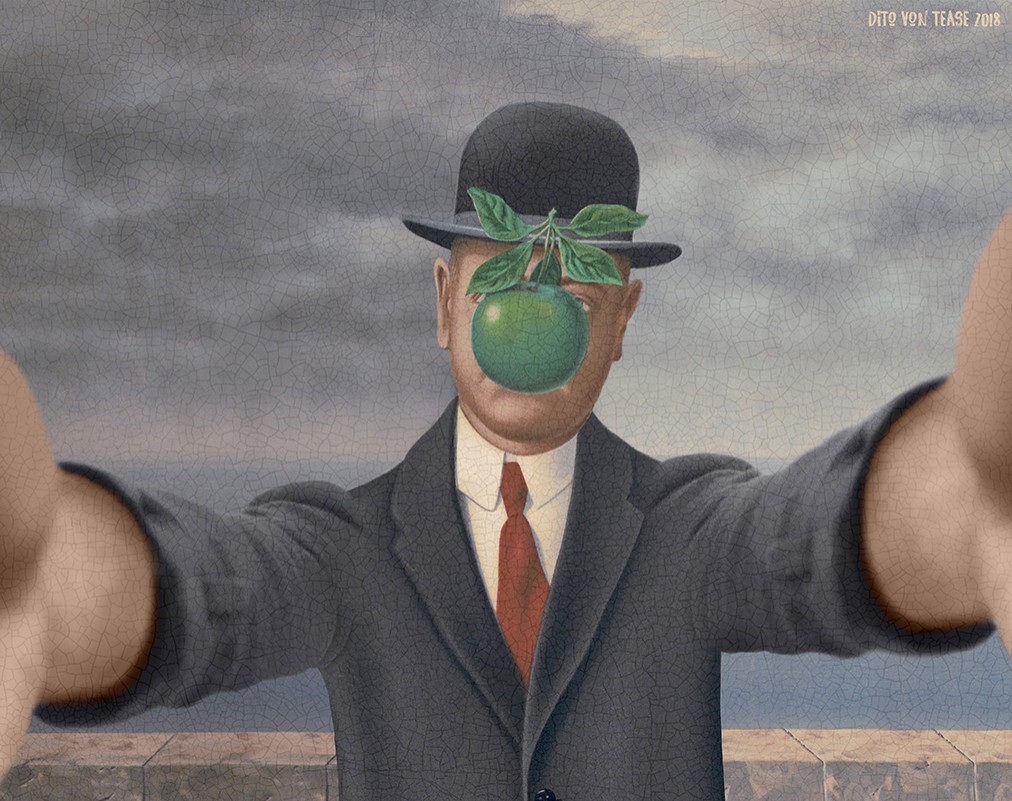In the pursuit of sustainable and ethical fashion, apple leather has emerged as a groundbreaking alternative to traditional leather. Made from pulverized apple waste and a polyurethane resin, this vegan leather-like material offers a guilt-free and eco-friendly option for conscious consumers. Join us as we delve into the production, environmental sustainability, ethical considerations, and explore other cruelty-free alternatives to inspire your sustainable fashion journey.
Production of Apple Leather.

Apple leather, also known as Apple Skin, is produced by Mabel, a leading Italian manufacturer, using a revolutionary process developed by Frumat. The material is derived from the waste products of apple production in the Tyrol region of northern Italy. The discarded apple skins, stalks, and seeds are transformed into a fine powder, which is then combined with polyurethane resin to create a durable and strong material – apple leather.
Environmental Sustainability.
Apple leather boasts a significantly lower environmental impact compared to traditional cow leather and synthetic polyurethane leather. According to the Sustainable Apparel Coalition, cow leather ranks as one of the most negatively impactful materials in terms of climate, water scarcity, fossil fuel use, eutrophication, and chemistry. While synthetic polyurethane leather fares better, it still relies on fossil fuels. In contrast, apple leather stands out as the most eco-friendly option, utilizing otherwise wasted fruit material and requiring fewer fossil fuels in its production process.
Ethical Considerations.

Choosing apple leather aligns with ethical considerations by supporting the fruit industry rather than the meat industry associated with cow leather production. The meat industry has links to deforestation, animal exploitation, and cruelty. By opting for apple leather, you contribute to an industry that is more ethical and sustainable, reducing the harm caused by traditional leather production.
The Limitations of Apple Leather.
It is important to note that apple leather is still 50% synthetic and does not biodegrade. However, by selecting high-quality apple leather products designed to last for many years, you can minimize the environmental impact and contribute to a circular economy. As the fashion industry evolves, we anticipate the emergence of more biodegradable materials that combine sustainability and durability, offering improved alternatives for the future.
Better Cruelty Free Alternatives.

- Cork leather: Cork leather is made from the bark of the cork oak tree and is a renewable resource. It is also biodegradable and environmentally friendly.
- Pineapple leather: Piñatex is a material made from the fibers of pineapple leaves and is a sustainable alternative to traditional leather.
- Recycled Polyester: Recycled polyester is made from recycled plastic bottles and is a more sustainable alternative to synthetic leather.
- Mushroom leather: Mushroom leather is made from the mycelium of mushrooms and is a sustainable and eco-friendly alternative to animal leather.
These alternatives offer a more sustainable and environmentally friendly option for consumers and are becoming increasingly popular as people become more conscious of their impact on the environment.
Embrace Sustainable Fashion with nobrand custom.
At nobrand custom. we believe in the power of sustainable fashion. If you are interested in creating your own sustainable fashion brand using innovative materials like apple leather, our team is here to help. Contact us through our homepage to explore how we can assist you in bringing your vision to life, creating a fashion brand that embodies ethical practices, embraces sustainability, and showcases the beauty of cruelty-free materials.
Together, let’s make a difference in the fashion industry by embracing sustainable alternatives and fostering a more compassionate and environmentally conscious future.


Only users with full accounts can post comments. Log in, please. Or log in with: